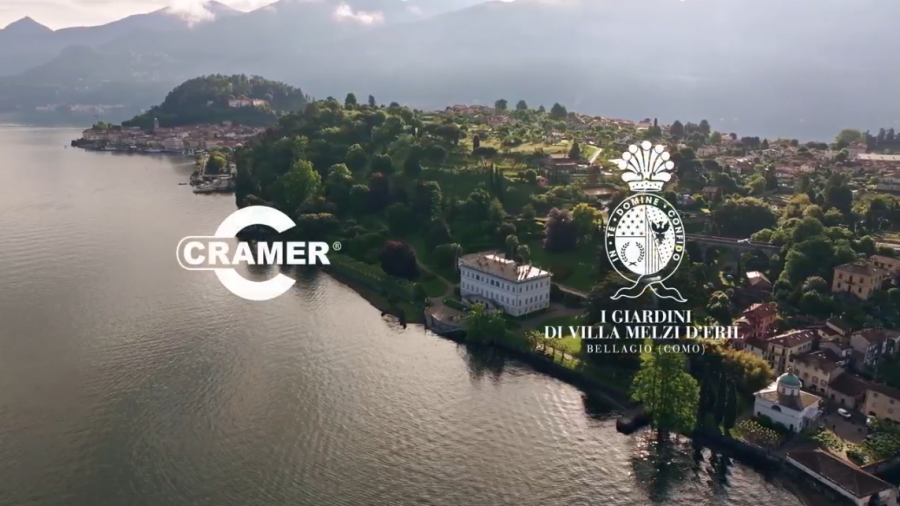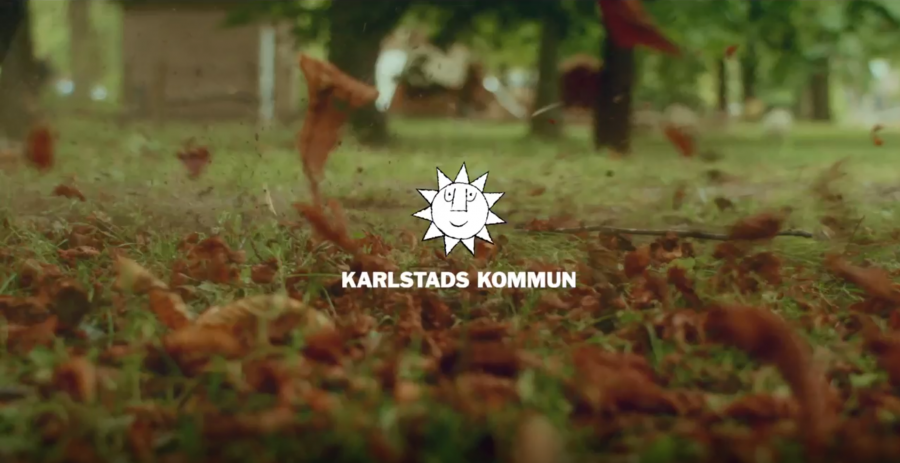
As the second phase of a major street lighting upgrade by Bristol City Council draws to a close, figures have shown that the energy efficient solutions supplied by GE Lighting have resulted in savings of over £1 million per year for the council.
What's more, the funding investment has been paid back a full year earlier than initially expected.
The project saw the replacement of around 8,000 existing high-pressure sodium lamps to GE's CMH StreetWise ceramic metal halide lamps over a one-year period. Phase two of the upgrade began in July 2012 and involved the replacement of a further 12,000 lamps in Bristol's residential areas.
All of the lamps have been replaced in conjunction with dimmable ballasts to allow for a greater energy savings and to ensure the council has the flexibility to dim the new lamps (between 7pm and 6am) to an even lower output as and when required.
The initial phase of the upgrade recorded annual savings of up to £500,000 – but now the project has reached completion, the council has calculated that the savings have doubled to a staggering £1 million every year. In addition, CO2 emissions have been significantly reduced by more than 4,000 tonnes each year, making a substantial contribution towards the council's long-term carbon goals.
Robbie Park, Principal Lighting Officer for Bristol City Council, commented: "These are fantastic results that have had a major impact on our annual lighting bill and go a long way towards helping us reach our carbon reduction targets – which is good news for the council, the residents of Bristol and the environment as a whole. As well as the financial and carbon savings, the upgraded white light has improved visibility on our night time streets, making pedestrians and drivers feel more secure."
Importantly for the council, the project has achieved a considerably shorter payback period, beating the initial estimates by more than a year. For local authorities that are uncertain about tackling a large-scale streetlighting upgrade due to the upfront financial commitment, the Bristol project is a clear example of the long-term benefits that make such a project a sound investment.
"We approached funding the upgrade from a number of directions, securing £1.1 million from Seels & Salix Finance, a further £1 million from the Investment in Bristol fund and generating the rest from our own capital funding. The astounding savings that we've made on our on-going energy costs – over £1 million each year – means that the upgrade has paid for itself extremely quickly," Robbie continued.
"It took us about 18 months to pay back the main roads that were tackled during the first stage of the project, with the residential areas taking about three years – which is a great success, as it brings us in a year ahead of schedule."







